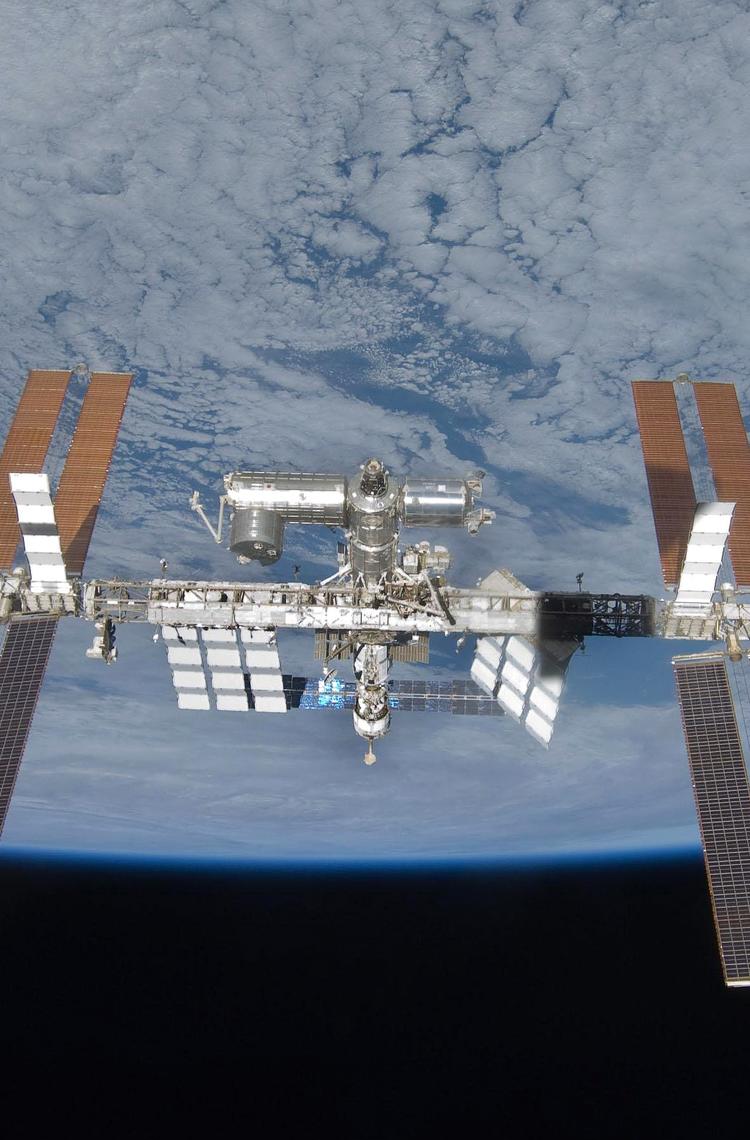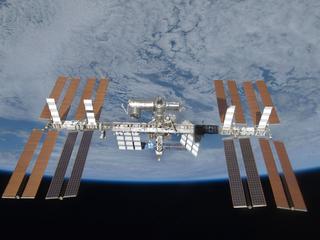Munich, 17 January 2022 – The Airbus’ SpaceDataHighway – developed with the support of ESA – provides broadband connectivity services between the International Space Station (ISS) and the Earth. With the Columbus Ka-band (ColKa) terminal now installed and fully tested on-board the ISS, a SpaceDataHighway satellite will start to relay data via a bi-directional link in real time between the ISS Columbus Laboratory and the Columbus Control Centre located at the German Aerospace Center DLR near Munich as well as research centres across Europe.
Thanks to the SpaceDataHighway and the ColKa terminal, ESA will benefit from a direct and sovereign access to the ISS, thus increasing the operational flexibility allowing more astronauts, scientists and researchers to benefit from a direct link with Europe. This will also enable ESA to create slots for ad-hoc experiment access and interaction with European astronauts.
The ColKa data service provision has been contracted between ESA and Airbus. As part of this new SpaceDataHighway service, Airbus has adapted its Ka-band inter-satellite link to ensure data will be channelled via the ground station at Harwell Campus, UK.
Besides this Ka-band service, the SpaceDataHighway is the world’s first laser communication geostationary constellation. It represents a game changer in the speed of space communications, using cutting-edge laser technology to deliver secure data transfer services in near-real time. The system has achieved more than 50,000 successful laser connections within the first five years of routine operations.
Its satellites can connect to ISS as well as low-orbiting observation satellites at a distance of up to 45,000 km. From its position in geostationary orbit, the SpaceDataHighway system relays in near real-time to Earth the collected data, a process that would normally take several hours. It therefore enables the quantity of image and video data transmitted by observation satellites to be greatly increased and their mission plan can be re-programmed at any time and in just a few minutes.
With its SpaceDataHighway, Airbus is already serving four Copernicus Sentinel satellites on a daily basis and continues to expand its services to more customers. Pleiades Neo, Airbus’s most advanced optical Earth Observation constellation with four 30cm resolution satellites are the next satellites to benefit from SpaceDataHighway’s infrastructure and will further optimise mission reactivity providing near real time data delivery and reactive tasking capabilities.
@AirbusSpace @ESA @DLR
Your media contacts
Contact us
Bruno Daffix
AIRBUS | Defence and Space
Latest News
Continue Reading

Airbus and Hisdesat sign a commercialisation agreement for PAZ-2 satellite imagery
Press Release
Space
Airbus Defence and Space and Hisdesat sign a commercialisation agreement for PAZ-2 radar satellite imagery and applications
The first Airbus Pléiades Neo Next satellite will be launched early 2028
Press Release
Space
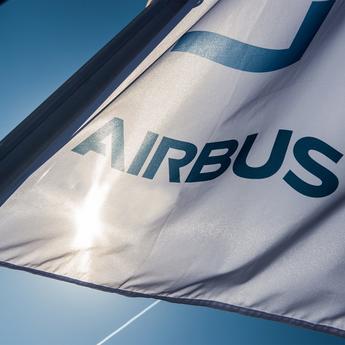
Airbus launches demonstrator to test global 5G connectivity in orbit
Press Release
Innovation
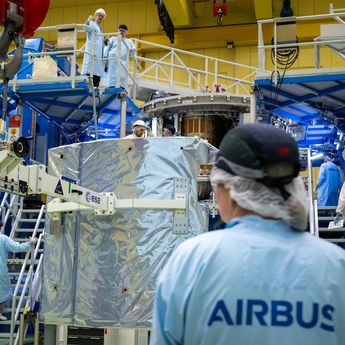
Airbus ships fourth European Service Module for Artemis IV
Press Release
Space
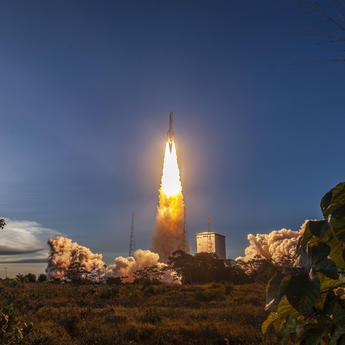
Sentinel-1D: the radar that never sleeps
Web Story
Space
